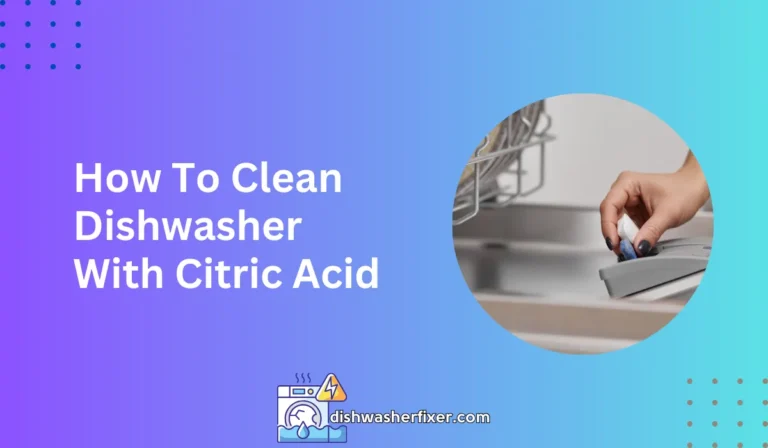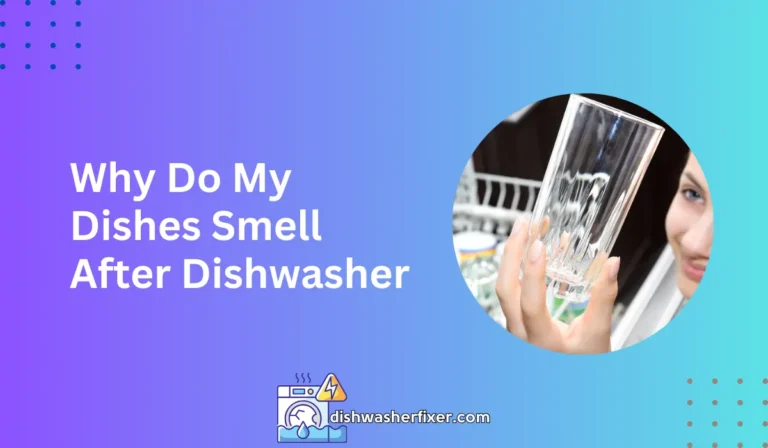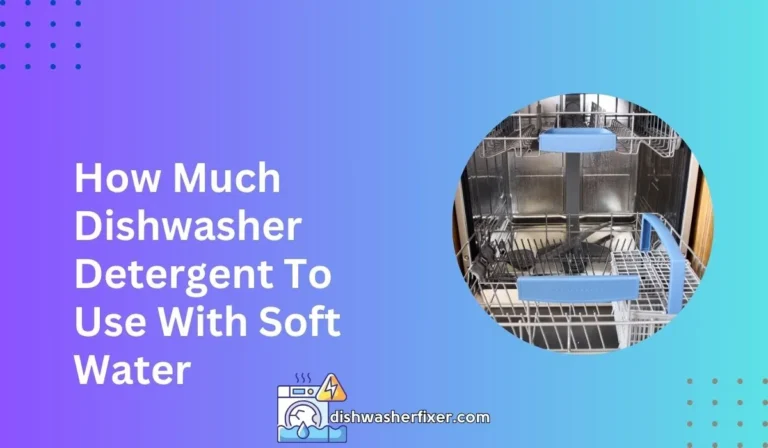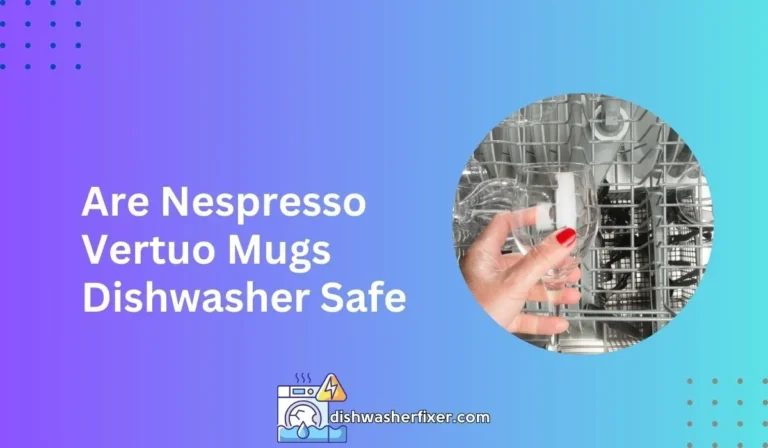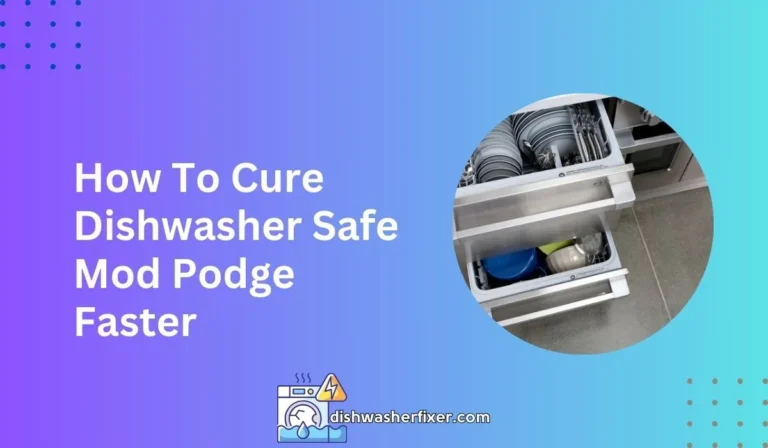Is Dishwasher Soap Toxic? Unveiling Hidden Dangers
Dishwasher soap can contain toxic chemicals that are harmful if ingested or improperly handled. However, when used as directed, it is safe for cleaning dishes. It’s crucial to store dishwasher soap out of reach of children and pets to prevent accidental ingestion.
Understanding Dishwasher Soap Composition
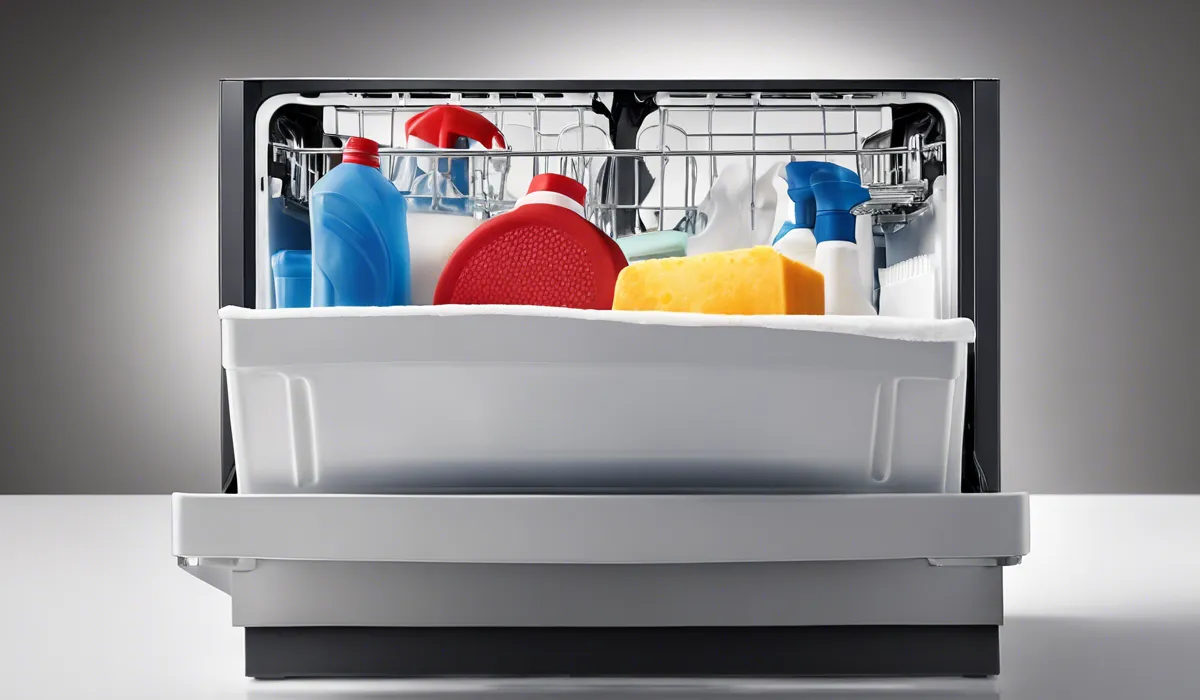
Common Ingredients in Dishwasher Detergents
Dishwasher soaps are formulated with a variety of ingredients to tackle the different types of residue found on dishes.
These include surfactants that cut through grease, enzymes that break down food particles, bleaching agents that remove stains and whiten, and fragrances that leave a pleasant scent.
Each of these components plays a vital role in the cleaning process.
Roles of Dishwasher Soap Ingredients
Surfactants in dishwasher soap act like scouts, finding and surrounding oil and grease particles to lift them away from surfaces.
Enzymes are the workers that break down complex food stains into smaller, more manageable pieces. Bleaching agents are the heavy lifters, tackling tough stains and helping to sanitize your dishes.
Fragrances, while not essential to the cleaning process, are added to provide a fresh scent after the wash cycle.
Potentially Harmful Chemicals in Dishwasher Detergents
While many ingredients in dishwasher soap are safe, some can be harmful. Phosphates, once widely used to soften water, can cause environmental harm.
Chlorine, used for its strong bleaching and disinfecting properties, can be toxic if ingested or inhaled. Synthetic fragrances can contain a mix of chemicals that may be allergenic or irritating to sensitive individuals.
Health and Environmental Concerns
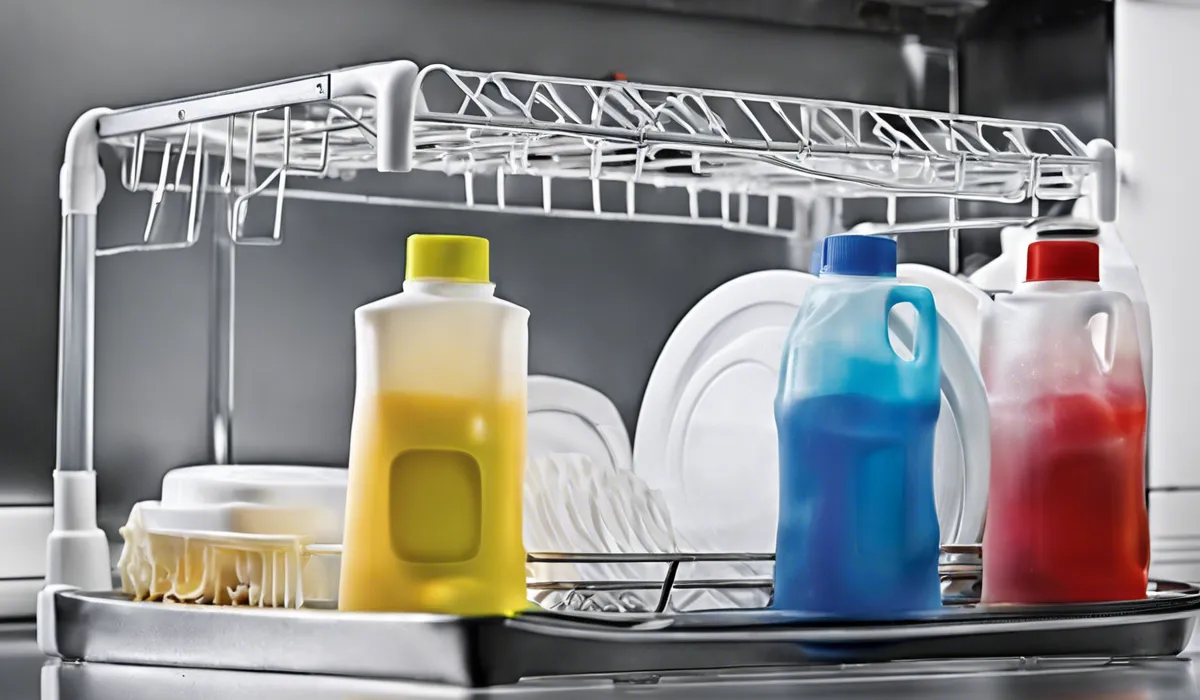
Effects of Toxic Ingredients on Human Health
Exposure to the toxic chemicals in some dishwasher soaps can lead to both short-term and long-term health issues.
Ingesting these chemicals can be dangerous, and even the fumes from heated dishes can be harmful if inhaled. Skin contact with certain ingredients can cause irritation or allergic reactions.
Impact on Skin and Respiratory System
The skin and respiratory system are particularly vulnerable to the effects of toxic dishwasher soap ingredients.
Strong chemicals can cause rashes, dryness, or burns on the skin. Inhaling fumes can lead to respiratory difficulties, especially for those with pre-existing conditions like asthma.
Environmental Concerns of Dishwasher Soap Ingredients
The ingredients in dishwasher soap do not just affect human health; they also have environmental implications.
Chemicals that rinse off dishes can end up in water systems, affecting aquatic life and the overall health of ecosystems.
Impact on Aquatic Life and Water Systems
When toxic chemicals from dishwasher soaps enter waterways, they can cause significant harm to fish and other wildlife. These substances may alter water pH, reduce oxygen levels, and disrupt the reproductive systems of aquatic organisms.
Alternatives and Safety Measures
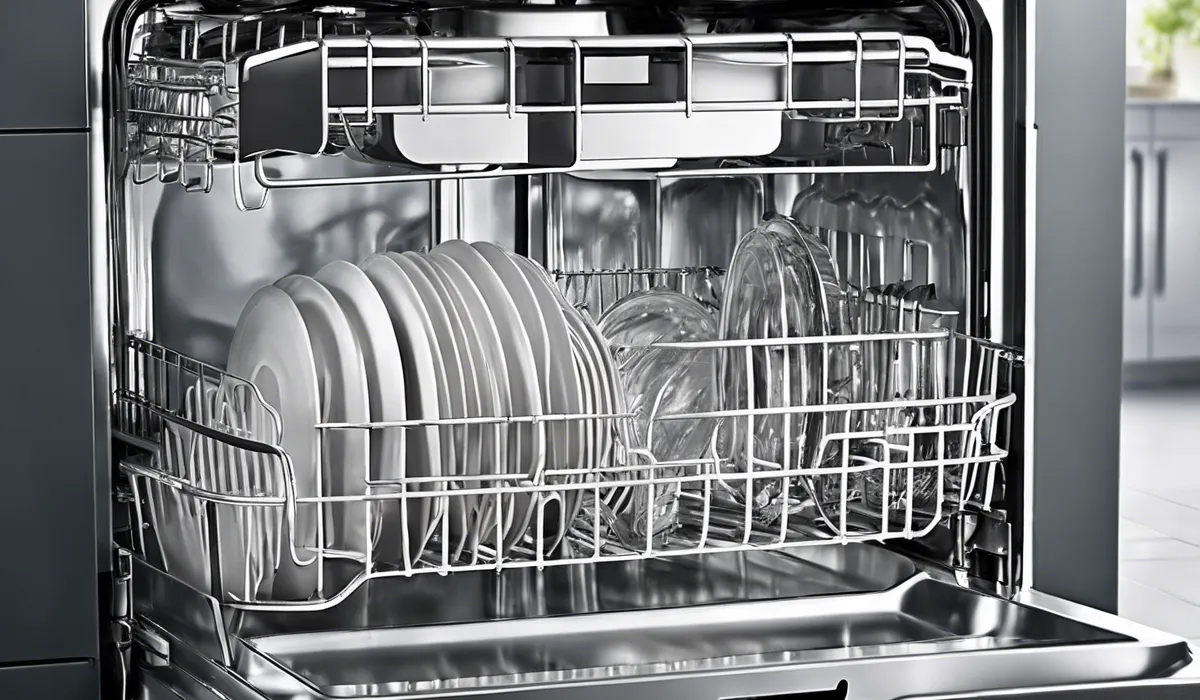
Choosing Safer Dishwasher Detergents
It’s important to choose dishwasher detergents that are effective yet pose minimal risks to health and the environment. Look for products labeled as biodegradable or phosphate-free.
These formulations are less likely to contribute to environmental pollution and are generally safer for household use.
Labels and Certifications to Look For
When shopping for dishwasher soap, search for labels and certifications like biodegradable, phosphate-free, or eco-friendly.
These certifications indicate that the product has been evaluated and meets certain environmental and safety standards.
Tips for Safe Use and Storage of Dishwasher Soap
Always use dishwasher soap as directed and store it out of reach of children and pets. Ensure the dishwasher soap is securely closed and stored in a dry place to prevent accidental ingestion or contact with skin.
Homemade Dishwasher Soap and Natural Alternatives
For those who prefer to avoid commercial detergents, homemade dishwasher soap recipes can be a natural alternative.
Ingredients like baking soda, vinegar, and lemon juice are common in DIY recipes and are generally safer for both humans and the environment.
FAQs About Dishwasher Soap Toxicity
Is dishwasher soap toxic to humans?
Dishwasher soap can be toxic if ingested or improperly handled, but it is safe for cleaning dishes when used as directed.
Can the fumes from dishwasher soap be harmful?
Ordinarily, the fumes from dishwasher soap are not harmful when used in a well-ventilated area and according to the manufacturer’s instructions.
What should I do if someone ingests dishwasher soap?
If dishwasher soap is ingested, seek medical attention immediately and follow the poison control center’s guidance.
How should I store dishwasher soap to ensure safety?
Store dishwasher soap out of reach of children and pets to prevent accidental ingestion and ensure safety.
Is dishwasher soap safe for use on baby bottles and children’s dishes?
When used as directed, dishwasher soap is generally safe for cleaning baby bottles and children’s dishes, but it’s important to rinse the items thoroughly.
Final Thoughts
Dishwasher soap may contain harmful chemicals that pose a risk if consumed or mishandled. When utilized correctly, it safely cleans dishes.
To prevent accidental ingestion, it is imperative to keep dishwasher soap inaccessible to children and pets.
